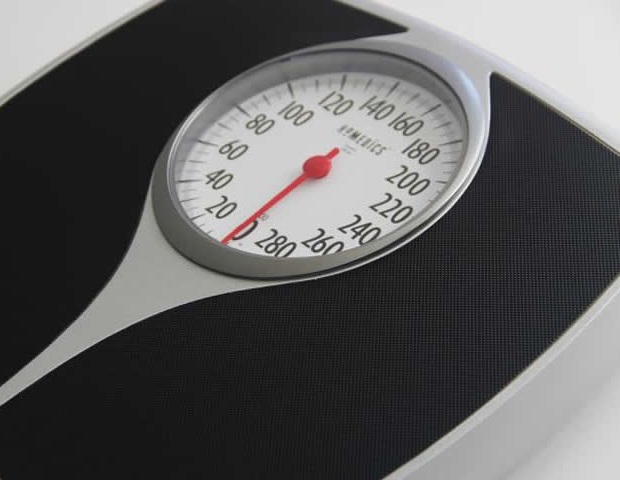Sparkling water may help with weight loss by increasing blood glucose absorption and metabolism – the rate at which the body uses and converts energy – but the effects are so minimal that it cannot be counted only on it to lose weight, concludes a brief analysis. published in the open access journal BMJ Nutrition Prevention & Health.
There is no miracle solution for losing weight and maintaining weight, explains the author: regular physical activity and a healthy, balanced diet remain essential, not to mention the long-term effects of consuming large quantities of Sparkling water is not known.
Because sparkling water is “satiating,” thereby helping to reduce feelings of hunger, and is said to speed up digestion and lower blood sugar, it has been touted as a potential weight loss aid.
But it’s not clear how sparkling water might reduce blood sugar or how it might help with weight management, the author points out.
To try to find out, the author compared the process of drinking sparkling water with hemodialysis, whereby blood is filtered (dialyzed) to remove waste and excess water when the kidneys cannot. more, building on previously published research.
Hemodialysis makes the blood alkaline, producing mainly carbon dioxide (CO₂). Likewise, CO₂ from sparkling water is absorbed through the stomach lining and is quickly converted to bicarbonate (HCO3) in red blood cells. This alkalization process speeds up the absorption and use of glucose by activating key enzymes in red blood cells, the author explains.
Clinical observations during hemodialysis show that blood glucose levels decrease as blood passes through the dialyzer, despite a higher glucose level in the dialysate solution initially, he adds.
Although these results suggest that sparkling water may indirectly promote weight loss by improving blood glucose uptake and utilization, context is key, the author points out.
During a typical 4-hour hemodialysis session, about 48,000 ml of blood flows through the dialyzer, resulting in about 9.5 g of glucose being used during the session, he explains.
“Given this minimal reduction in glucose, the impact of CO₂ in sparkling water alone is not a solution for weight loss. A balanced diet and regular physical activity remain crucial elements of sustainable management weight,” he insists.
“Additionally, drinking sparkling water may have some effects on the digestive system, especially in people with sensitive stomachs or pre-existing gastrointestinal issues. The main concerns include bloating, gas and, in some cases, exacerbation of certain symptoms associated with digestive disorders, such as irritable bowel syndrome or gastroesophageal reflux disease,” he points out.
“Moderation is key to avoiding discomfort while still enjoying the possible metabolic benefits of sparkling water,” he says.
Commenting on the analysis, Professor Sumantra Ray, executive director of the NNEdPro Global Institute for Food, Nutrition and Health, co-owner of the journal, said: “Although there is a hypothetical link between sparkling water and glucose metabolism , this has not yet been tested. in well-designed human intervention studies.
“And while this study adds to the evidence base, it does not provide sufficient evidence on which to make recommendations for the preventative or therapeutic use of sparkling water. Additionally, all potential benefits must be weighed with the potential harms of soft drinks that may contain sodium, glucose or other additives.


